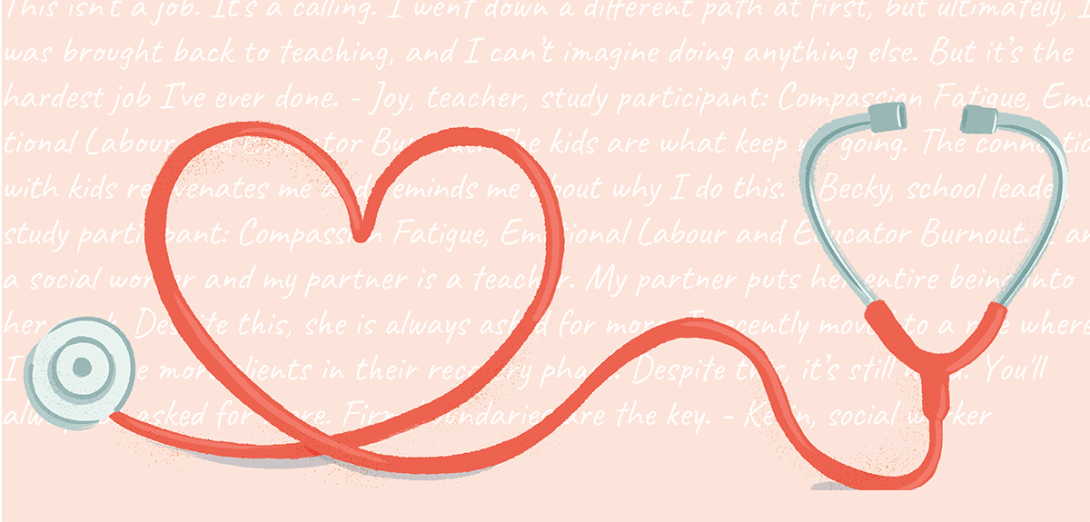High inflation has pushed the cost of basic necessities such as groceries and gas to a point where they feel like luxuries, and Alberta teachers are not immune to feeling the pinch. As household budgets are being stretched to the breaking point, teachers may be finding it more difficult to plan for unexpected expenses. Financial anxiety is one of the most common major stressors. Chronic stress can negatively affect our health, relationships and overall feeling of well-being.
What is financial wellness?
Financial wellness is founded on good financial literacy and hygiene, but that is not the entire picture. If you are prepared to deal with a financial emergency, regulating your debt, understanding your cash flow and future-proofing your finances, you are engaged in good practice. However, financial wellness does not simply equate to having “enough” money and knowing how to manage it. Financial wellness supersedes financial literacy and hygiene because financial wellness recognizes that money is not an end goal; rather, money is a means to live our happiest, healthiest, best lives.
Money is a token of your life’s energy. You earn money with the expenditure of your life’s energy and exchange it for goods and services. How you manage, invest and spend your money not only governs your finances but also messages what your life’s energy is worth.
If you are failing to plan, you are planning to fail
Financial planning is life planning and is a critical mechanism for self-care as it impacts every other aspect of your life. Your financial well-being is created when you can identify what is ultimately important in your life and how you can effectively achieve your goals.
You need to budget your joy
A budget regulates how you spend your life’s energy. Budgeting your money based on what does and does not bring you joy will reduce stress that comes with spending money and allow you to prioritize experiences that you truly love. While it is important to create a budget, including a financial check-in as part of your weekly routine will make you more aware of how your money is being spent and help you feel more in control of your finances.
Invest in yourself by prioritizing savings
It can be difficult to save money when you feel like you are just getting by, but it is important to make saving a priority. Payroll deductions may be available through your employer, but you can easily set up automatic transfers from your chequing account to your savings account so that you are not tempted to spend the money instead. Check out Capital Estate savings plans
Education is the key
Improving your financial literacy can take away a lot of stress. The ATA’s Teacher Employment Services program area has many opportunities to continue your learning.
You might be surprised to hear that the end goal of financial wellness is not actually to have a lot of money; rather, it is to spend a lot of money throughout your life so you will be as happy and healthy as possible. Financial wellness goes beyond saving and investing; it addresses money both as a universal stressor and a mechanism to achieve the life to which we aspire.
Recommended financial reading listThe following books are available from the ATA library
|
Upcoming workshops
Financial Wellness+
Save your money, invest your money, budget your money! How do I do all that!?
Financial Wellness+ is all about investing for your future, learning how to save, and managing debt and your budget. Join us for this two-hour session;
it’s a deep dive into financial wellness and your future!
Oct. 27, 2022
3:30 pm to 5:30 pm
May 3, 2023
3:30 pm to 5:30 pm
ATA Q&A sessions
Jan. 12, 2023
3:45 pm to 4:45 pm
March 16, 2023
3:45 pm to 4:45 pm



